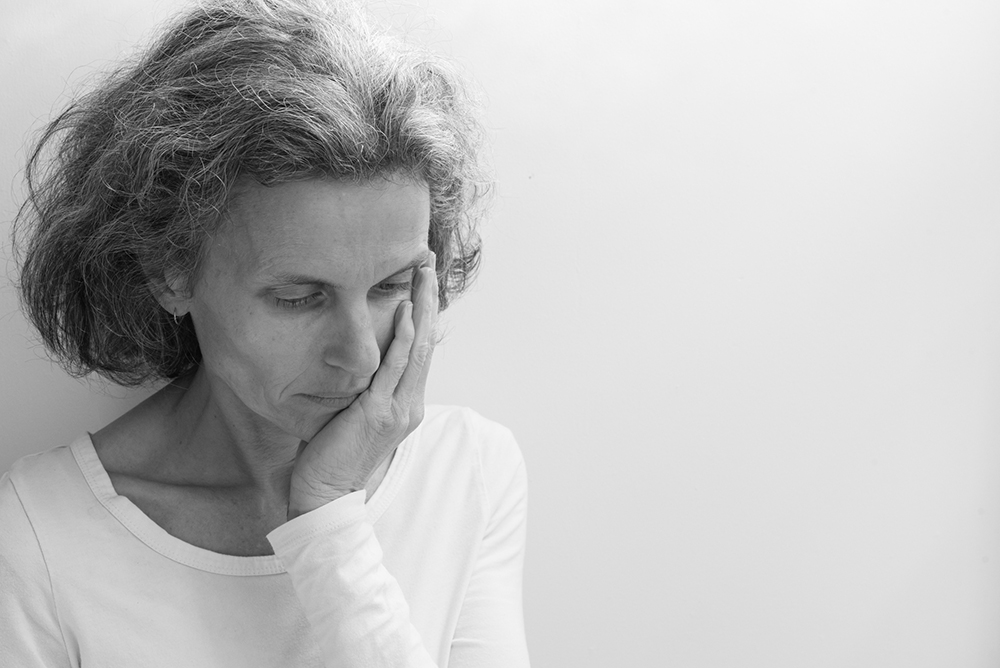We live in an anxious age. In fact, it’s now pretty much acceptable to talk about our anxiety with others without feeling weird or shamed.
We all feel it.
Simply put, anxiety is an experience of unease, both physically and mentally, typically about an uncertain future. You “feel” anxiety in your body, including heightened alertness, muscle tension, increased heart rate and blood pressure, chest tightness, gastrointestinal churning, and sweating. It is not a fun emotion to experience.
3 Common Anxiety Causes and Solutions:
I want to lay out three very common causes of anxiety and some practical solutions.
-
- Isolation. It’s a simple as this: isolation increases anxiety and vulnerable relationships decrease it. From birth, we are relationally driven to other safe people who are warm, consistent and real with us. Relationships are our shelter in the storm. We know from neuroscience that positive endorphins, such as oxytocin, flood our brains when we are around the right sorts of people. We feel centered, comforted and calm. But when we have lost a relationship, or have difficulty opening up and trusting, we lose the access to those endorphins, as there is no person in the room to activate them.
Solution: The “RX” for this, of course, is to spend significant vulnerable time with significant people. - A sense of lack of control. At its core, anxiety is about control. We feel anxious when we think something negative might happen to us that we don’t have enough control over to stop it. When the plane you’re sitting in begins bucking from strong winds, when the economy changes your company’s success numbers, when you are diagnosed with a medical condition that is serious, or when someone important to you treats you poorly and won’t change, the result is often mild, moderate or even severe anxiety.
Solution: Often, it helps to “walk through” the experience you fear, thinking through the various parts of what could happen, realizing that 99% of the time, you can handle it. And the other 1% of the time, you have friends who will support and stand by you. - Being unprepared for life stressors. When we have overprotective parents, friends or communities, the love helps us, but the overprotection increases anxiety. This is because our sense of readiness and competence to handle life’s twists and turns is too undeveloped. It’s a little like being parachute-dropped into the jungle with a pocket knife. Most of us wouldn’t feel prepared. So unreadiness in life skills, career know-how, common sense, handling failure and obstacles, and knowing what to do with difficult relationships, can cause great anxiety.
Solution: The best RX is to develop a sense of competency, or agency, over your life. Take some risks and push yourself to do new or difficult things, even if you fail.
- Isolation. It’s a simple as this: isolation increases anxiety and vulnerable relationships decrease it. From birth, we are relationally driven to other safe people who are warm, consistent and real with us. Relationships are our shelter in the storm. We know from neuroscience that positive endorphins, such as oxytocin, flood our brains when we are around the right sorts of people. We feel centered, comforted and calm. But when we have lost a relationship, or have difficulty opening up and trusting, we lose the access to those endorphins, as there is no person in the room to activate them.
These tips can go a long way to help you conquer anxiety. You’ve got this!


Leave a Reply